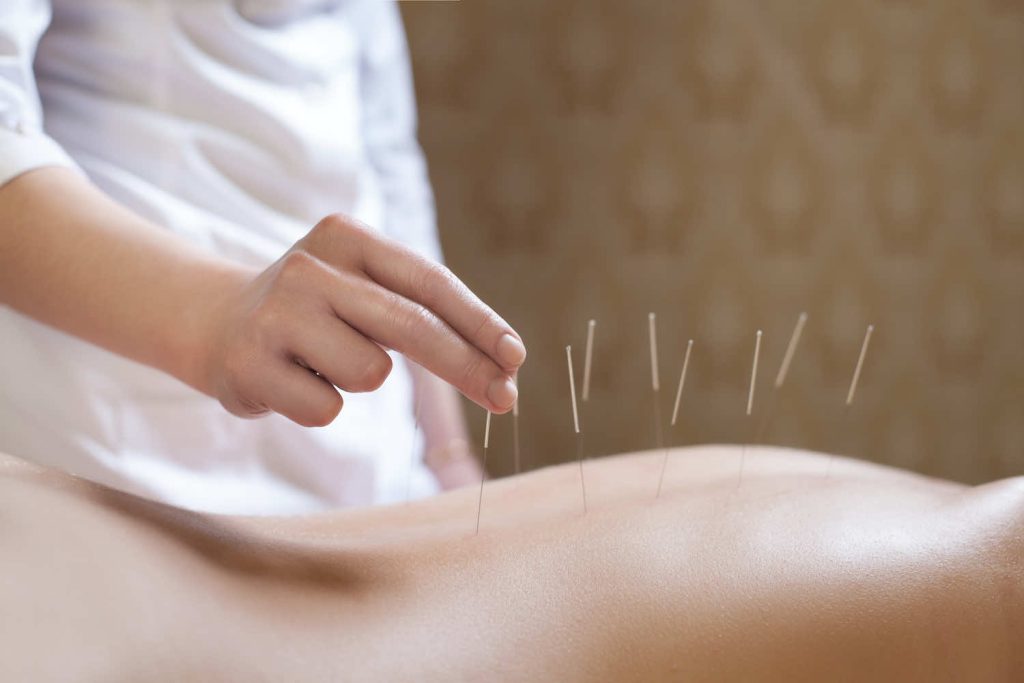Acupuncture can support prostate reduction and symptom relief without the potential side effects of other treatment methods.
The appropriate intervention will be based on a man’s individual case, symptom severity, prostate size, and other factors.
Benign prostatic hyperplasia often leads to bladder, kidney, and urinary tract disorders. The prostate enlargement may block the flow of urine and cause discomfort or urinary retention.
Acupuncture treatment for BPH has been shown to reduce feelings of urinary urgency, decrease urinary frequency, and improve flow. Studies have also demonstrated that acupuncture treatments can significantly decrease the size of the prostate.

The prostate gland is beneath the bladder. The urethra (the tube that delivers urine from the bladder to the penis) runs through the middle of the prostate. When the prostate grows in size, it begins to obstruct urine flow.
Most men’s prostates continue to develop throughout their lives. This persistent development enlarges the prostate in many men, causing urinary discomfort or considerably blocking urine flow. It’s unclear what causes the prostate to grow. It might, however, be owing to changes in the balance of sexual hormones as men age.
If you’re wondering if you have BPH, here are a few symptoms associated with the condition:
Benign prostatic hyperplasia can cause urinary issues via the obstruction of the urethra, leading to bladder dysfunction or renal dysfunction. Therefore, the focus of acupuncture treatment of BPH is on relieving or removing the obstruction, and strengthening the function of the genitourinary system.
The aging male body undergoes many forms of degeneration. Over time, these negative processes alter the body’s normal function. Conventional therapies may also have side effects that can affect him negatively.
Our acupuncture method can stimulate nerves, improve the blood supply to the prostate and kidneys, enhance the function of the bladder detrusor muscle, and reduce prostate size to relieve the pressure on the urethra, and permit more normal urine flow.
Best of Chinese Medicine uses a flat head needle to penetrate and create micro cuts in key myofascial layers and insertion points which relieves the tension and compression on blood vessels and nerves, allowing them to function more normally, counteracting the degenerative processes that affect blood flow and nervous function.
This results in:

Call today to learn more about how acupuncture can be used to treat BPH in Toronto.